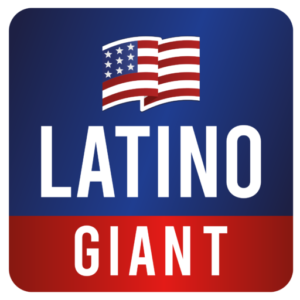José Alfaro is making history as the first Latino to lead a national gun violence prevention organization in the U.S. at a time when firearms are increasingly killing Americans.
Gun violence has risen to such dire levels that U.S. Surgeon General Vivek Murthy, the nation’s top doctor, issued a first-of-its-kind advisory last week — officially declaring firearm violence a public health crisis.
As the new executive director of Community Justice, the leading gun violence prevention organization centered around minorities, Alfaro said he plans on focusing his work on “Black and brown communities across the United States who have been disproportionately impacted for generations.”
“This is a public health crisis robbing young people of their lives,” Alfaro told NBC News in his first interview since stepping into his new role.
The most recent data available shows that 48,204 people died from firearm‑related injuries in 2022, including suicides, homicides, and unintentional deaths, according to the Office of the U.S. Surgeon General. This is over 8,000 more lives lost than in 2019 and over 16,000 more lives lost than in 2010.
Firearms are now the leading cause of death for children and teenagers in the U.S. — with children of color being killed at higher rates. Eighty-six percent of firearm‑related deaths among Black children and teens were homicides, followed by Hispanic children and teens (76%).
Other groups experience higher firearm suicide rates, including 63% for white children, 55% for Asian/Native Hawaiian/Pacific Islander youth and 48% for American Indian or Alaska Native children.
Alfaro grew up in Jamaica, New York City, as a first-generation Salvadoran American. His parents settled in the U.S. after fleeing the civil war in El Salvador.
Once in New York and with few Latino role models in his community to look up to, Alfaro said he became a member of a street organization in the 1990s. The experience gave him an up-close look at how structural racism and other socioeconomic factors — such as poverty and lack of education, among other circumstances limiting social mobility — help “create environments where violence can thrive,” Alfaro said.
“Our community is no stranger to gun violence, and these are part of the ways that I think about gun violence; also through the lens of generational trauma,” Alfaro said. “Latinos from different parts of the world are coming to the United States fleeing violence, only to come into communities that have been divested from and encountering violence, as well.”










